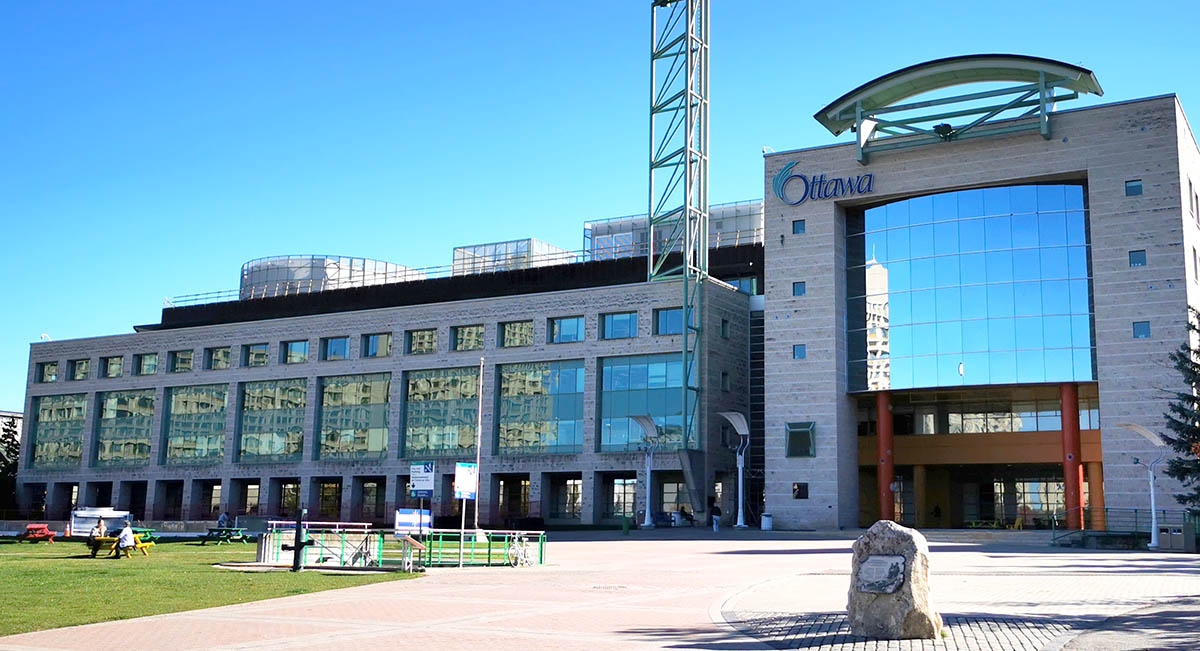
Council Strikes Down Gower Brownfield Land Redevelopment Motion
Despite being the budget season and one of the busiest times of the year for city councillors, the main topic of discussion at yesterday’s meeting of Council was the Ottawa Brownfield Redevelopment Community Improvement Plan (CIP).
Brownfields are abandoned, vacant, or underutilized properties within the city’s urban boundaries where past actions have resulted in actual or perceived environmental contamination and/or derelict or deteriorated buildings. Until they were put on hold in 2022, the city paid up to 50 percent of the costs of redeveloping these lands and offered deferrals for paying the development charges.
The program has been successful, resulting in the construction of 16,168 units on previously condemned or contaminated property. It is one of the very few programs that directly contribute to ecology and housing at the same time, with minimal risk for the city. The projected increased property taxes on the redeveloped sites are used to reverse fund the project.
Currently, the approximate grant payment is nearly $3.2 million, but city staff wrote a report asking that the successful program not be resumed as planned in 2024 as it cut into revenues.
Councillor Glenn Gower proposed a motion arguing that other municipalities pay 100 percent of the recuperation cost and that Ottawa should do the same. The program is key to creating a greener city with more affordable living for all. Gower said that, although city staff don’t support him, after hearing feedback from stakeholders, community members, and delegates at the Planning & Housing Committee, he believes that I.
Gower further stated that if the city would like to build more affordable housing using the CIP, building on brownfields must be affordable. Otherwise, the cost of cleanup is onerous and ultimately passed on to the consumer, leaving lower-income residents locked out.
Councillor Stephanie Plante brought forward a motion asking for several halted CIP projects to be brought forward to staff and the Finance and Corporate Services Committee when the program resumes in Q1 2024.
Councillors Troster and Menard brought forward a motion to limit all CIP grants to less than $20 million annually, adjusted for inflation. Menard said that the public wants the program reigned in, seemingly implying that the funding benefits only the developers and not residents.
City Treasurer Cyril Rodgers said he was not supportive of either the Troster-Menard or Plante motions. Councillor Matthew Luloff grilled Rodgers over his opposition to parts of the program regarding funding. Rodgers stated that the program was not financially viable. Still, Luloff noted that the city staff’s report on CIPs was glowing, and the program had been successful with a 10% increase each year in subsequent revenue generated by property tax the program would pay for itself.
Councillor Cathy Curry spoke in favour of the program but critiqued the city staff report praising the CIP program before they called for it to be halted. Curry further noted that the program aligns with the Council’s term priorities, which guide legislation.
Councillor Ariel Troster then brought forward her direction, asking that any rent increases to CIP properties be in line with provincial guidelines and be approved by Council. Troster said not having a rent cap would allow developers to build housing that is not affordable.
Mayor Sutcliffe asked city staff if the program was created for revenue generation or to create housing on lands that would otherwise not be used. Staff responded that the program’s purpose was not to create revenue for the city.
Councillor Theresa Kavanaugh said she would support the city staff’s direction, which would keep the program suspended. In her ward, the program was used to build a Dymon Storage facility.
Councillor Plantes’s motion was successful with 17 yays to 6 nays, including Mayor Sutcliffe. Councillor Gowers’s motion was defeated 11-12, with the mayor voting against it along with most of the progressive Councillors, including Lieper, Troster, Kavanaugh, and King. Councillor Menard’s motion was defeated, with 10 in favour and 13 opposing.
The vote against Gower’s motion is surprising given the program’s success rate at building housing across the city. Using future tax revenues to fund the upfront costs of cleaning brownfield land for housing development was too much for the progressive side of the Council, who voted against his motion, seemingly because it was too cozy with developers.
Sixteen thousand units is quite substantial, but the number could have been much higher if Councillor Gower’s motion had been accepted. It is a significant setback for housing within Ottawa’s urban boundary.









